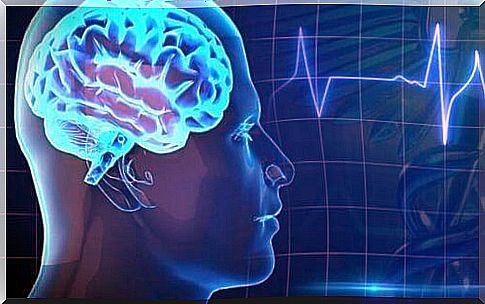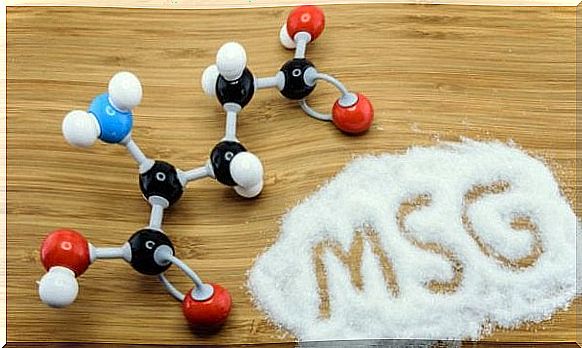Five Worst Foods For The Brain

Brain health depends on many different factors, the two most important of which are exercise and oxygen supply. But the food we eat also has great significance: food either gives or takes away substances that directly affect the functioning of our brains.
Natural products form the basis of a healthy diet, but a healthy diet is above all balanced there is nothing good when eaten in excessive amounts. Overprocessed foods should be avoided, and be especially careful with large amounts of sugar, salt, and fat.
The food we eat affects our mood, our ability to learn and our memory. Foods contain substances that can potentially affect our nervous system and brain. That’s why it’s so important to look at what you put in your mouth.
Some of these harmful substances are present in most processed foods, but they go unnoticed. We can only see them by reading the list of ingredients carefully, but the names of the substances can be long and difficult to understand.
Next, we list the five worst foods for the brain. Keep reading if you want to keep your brain healthy.
1. Gluten: one of the worst foods for the brain
Gluten is a group of proteins found in many grains. Although they are not all exactly alike, we use this generic term because they have many similarities. Gluten is found in wheat, barley, rye and other similar foods.
These proteins stick to the small intestine and cause disturbances in the metabolism, digestive system and immune system. Some people are more sensitive to gluten. Others are less sensitive, but it still affects their bodies even if they don’t notice the symptoms. Gluten is one of the worst foods for the brain as it affects the nervous system in general.

2. Artificial sweeteners
Sweeteners are substances that replace sugar in foods. Some of the sweeteners are natural, but most are artificial. We know that they affect brain health, and in fact, many call them “brain poisons” because they can excite nerve cells.
Aspartame and saccharin, two artificial sweeteners, have been linked to certain nervous system disorders, e.g. depression, anxiety, recurrent migraines and speech defects. A large number of industrially prepared foods contain these sweeteners. In general, products advertised as “light products” or “low sugar” contain them.
3. Monosodium glutamate: one of the worst foods for the brain
Sodium glutamate is present in almost all prepared foods and preserves. It is a very concentrated salt. It is used in the food industry as a preservative and also to improve the taste and aroma of foods. Studies have shown that eating monosodium glutamate stimulates dopamine production in the brain. Dopamine creates a momentary feeling of well-being.
However, monosodium glutamate also contains large amounts of so-called “excitotoxins”. There is strong evidence that this substance affects brain health. Researchers associate serious illnesses such as Parkinson’s disease, Alzheimer’s disease, dementia and chronic fatigue syndrome with sodium glutamate.

4. White sugar
Researchers consider sugar to be one of three “white poisons,” in addition to salt and bleached flour. Currently, it is the most commonly used ingredient in all kinds of foods. Prolonged use of sugar can cause problems and endanger brain health.
Bleached sugar blocks the action of a protein called BDNF. This protein has important functions in the nervous system. Two of these are to protect memory and promote connections between nerve cells. Studies have shown that people with schizophrenia or depression get worse when they eat sugar regularly.
5. Fluoride: One of the worst foods for the brain
Fluoride is a mineral that is added to tap water in some places for reasons of purity and health. Although it cannot be tasted, it is still in tap water.
The use of fluoride in water has been severely questioned. Researchers suspect that fluoride may be associated with poor intellectual performance and changes in some cognitive functions.

The Fluoride Action Network (FAN) provided evidence from 34 studies that appear to support this claim. Organizations like UNICEF oppose the addition of fluoride to water. There is reportedly even more fluoride in bottled water.
The best thing we can do to keep our brains healthy is to eat fresh food. Processed and prepared foods are the worst for health. Not only are their nutritional value low, they also make them sick. So it is best to avoid them altogether.









